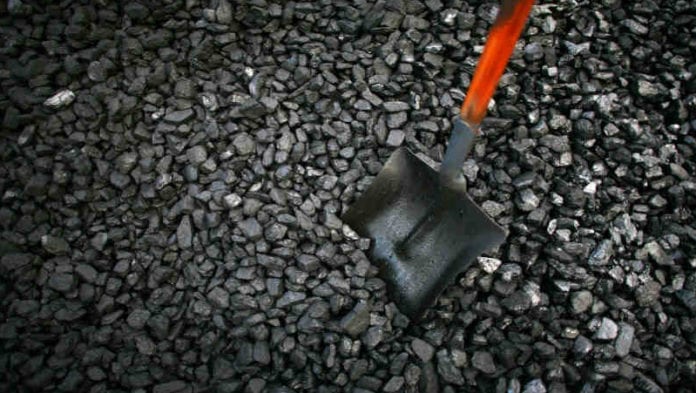
THE war in Ukraine and resulting energy crisis in Europe had made Northern Hemisphere institutions “more understanding” about South Africa’s position regarding the future of the country’s coal industry.
That’s according to Minerals Council senior executive Nikisi Lesufi answering media questions during a briefing on ‘climate change – the just transition and renewables’ held today at the Mining Indaba in Cape Town.
Asked how this greater understanding was being manifested Lesufi replied: “All their European ships are lining up outside Richards Bay waiting to load our coal” while Minerals Council Henk Langenhoven said “there’s much more realism now”.
Lesufi described the Minerals Council’s situation as “almost schizophrenic” given the differing nature of its member companies – some of whom viewed climate change and the measures being taken to counter it as “an existential threat” – while others viewed climate change as presenting “monumental opportunities”.
“From a Minerals Council perspective we do believe that climate change is a global challenge which we need to mitigate. But we also acknowledge that South Africa is significantly dependant on coal in its power generation sector.
“We agree that climate change is a threat to society, but we also indicate that energy is critical for almost every aspect of community development and coal has been used as the energy source to create the most industrialised country on the African continent.
“Coal is still critical for our current and future energy security. Coal still accounts for about 45% of employment in the mining sector, 60% of mining gross domestic product and 7% of export earnings.
“So we support a just energy transition. We support the implementation of measures to transition to a low carbon emission economy through the implementation of international policies including clean coal technologies. But we believe a just energy transition must be grounded in an assessment of the risks.”
That is why the Minerals Council had adopted “a dual approach” to dealing with climate change in which energy security was viewed as fundamental to the sustainability of the country’s mining industry.









